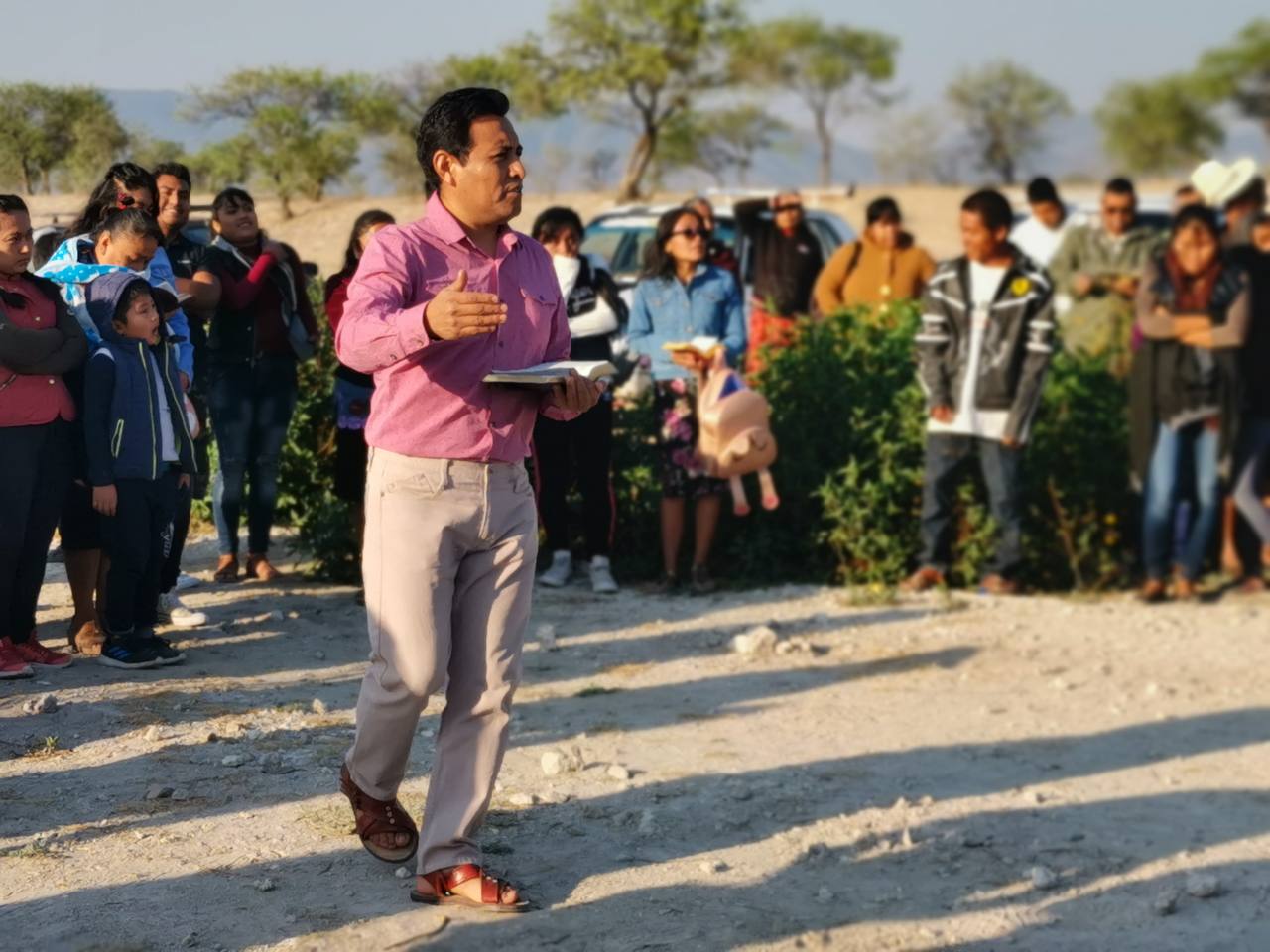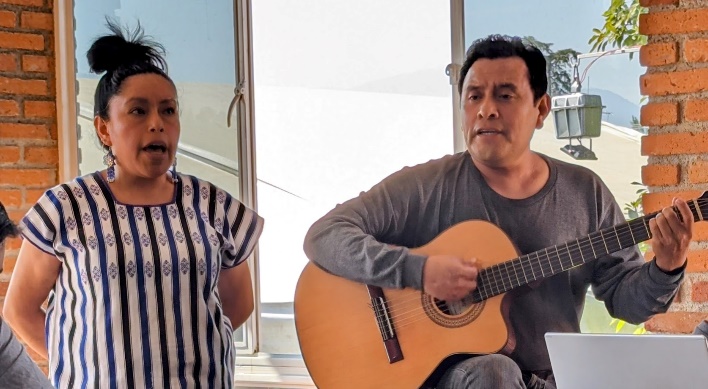Seminario Bautista de México
- Mexico City, Mexico

Organizational Overview
Since its founding in 1946, the Seminario Bautista de México (SBM) has pursued a vision of theological education that directly engages with and addresses human suffering. Committed to developing disciples, leaders, and churches, SBM has focused for decades on forming ethical and effective change agents equipped to impact their communities with a strong commitment to justice, equity, and inclusion. Through its various educational programs, the seminary serves students, church members, emerging leaders, pastors, and churches within vulnerable urban and indigenous communities, promoting spiritual restoration, intercultural dialogue, and community transformation.
Today, SBM concentrates its efforts in three key areas: Theological Education, Integral Pastoral Care, and Ecclesial and Pastoral Support. In Theological Education, SBM offers programs at three levels: advanced (bachelor’s and master’s degrees in theology), local (practical courses and diplomas for community leaders), and community (basic education and specialized training in child development). In Integral Pastoral Care, SBM integrates theological training with practical ministry, supporting churches in spiritual formation and social engagement, including the development of discipleship programs and community projects that address critical needs. In Ecclesial and Pastoral Support, SBM provides comprehensive coaching and support for pastors and churches, offering theological and leadership guidance, emotional support, and fostering networks for collaboration. In summary, SBM’s holistic approach aims to strengthen churches and equip leaders to serve their communities effectively.
Beneficiary Population
- Urban Poor
- Indigenous Population
- Children & Youth
- Women
- Families
- Leaders
- Entrepreneurs
Focus Areas
- Spiritual Transformation & Faith Communities
- Leadership Development & Training
- Community Development
- People & Family-Centered Development
- Wealth Creation & Economic Development
Organizational Track Record
Founded in 1946, the Seminario Bautista de México (SBM) has been a cornerstone of theological education in the country, originally serving as the pastoral training arm of the Convención Nacional Bautista (CNB - National Baptist Convention). Over the decades, SBM has experienced significant transformations, continually adapting to challenges while remaining true to its mission. Initially located in Tlalpan and later moving to San Ángel in 1964—both neighborhoods within Mexico City—SBM became a widely recognized institution, particularly noted for its open and inclusive theological approach, which prioritized the inclusion of women, the persecuted, and leaders on the margins. Following its expulsion from the CNB in 1972 for supporting female ordination, SBM adopted a more interdenominational and socially engaged identity. The seminary strengthened its ties with indigenous communities and churches, enriching its curriculum to focus on marginalized groups, including those in fragile urban neighborhoods. During the 1980s and 1990s, SBM entered a period of growth, expanding its academic offerings and launching innovative programs that combined theological education and evangelization with community development.
Despite financial challenges in the early 2000s and a major crisis in 2014 that resulted in the loss of one of its properties in San Ángel, SBM has consistently demonstrated resilience. In recent years, the seminary has focused on rebuilding, enhancing its theological education through extension programs, and adopting a new governance model. Throughout its history, SBM has trained hundreds of pastors, thousands of laypeople, and supported dozens of churches across Mexico and beyond. The seminary has played a pivotal role in shaping theological education in Mexico, continually adapting to the evolving needs of its communities while maintaining a strong commitment to indigenous engagement and transformative ministry among the urban poor. Currently, SBM serves over 210 students across its various theological education programs.
Key Leader Biosketch
Noé Trujillo Hernández is an indigenous man of Nahuatl origin, born in the southern part of the State of Puebla. He was trained as a Baptist pastor at the Seminario Bautista de México. He holds a Master's degree in Theological Studies from Palmer Seminary at Eastern University, a Master's degree in Biblical Sciences from the Comunidad Teológica de México, and has studied Educational Administration at the Universidad Pedagógica Nacional. Currently, he forms part of the leadership team of the Seminario Bautista de México and serves as the Administrator of the Indigenous Evangelical Peasant Council of Mexico. He is the life partner of Sury González. Suriana González Juárez (Sury), is of Nahuatl descent on her mother's side and Zapotec descent on her father's side, with both cultures deeply influencing her personal development. She grew up among indigenous churches in Mexico, accompanying her parents in their missionary work. She studied Mathematics at the Universidad Nacional Autónoma de México (UNAM) and Sociology of Education at the Universidad Pedagógica Nacional. She holds a Master's degree in Theological Studies from Palmer Seminary at Eastern University, along with diplomas and training in Conflict Transformation, Migration, and Interculturality. Currently, she collaborates with the Seminario Bautista de México in various programs and serves on its leadership team.

Funding History with Camino Alliance
So far, Camino Alliance has not directly funded any projects at the Baptist Seminary. However, we have established a long-standing relationship with the Seminary and, over the past year and a half, have supported them in developing their 10-year strategic plan. This collaboration involved systematizing their learnings from previous years and decades, while also helping them envision the future and establish a clear path forward with well-defined phases, objectives, and measurable benchmarks. We are currently engaged in an ongoing coaching process with the Seminary as they begin to implement their strategic plan, working closely with them throughout this journey. Additionally, the Baptist Seminary has chosen to participate in the Shalom Cities Initiative in Mexico City, becoming a vital member of this emerging coalition of organizations. They are contributing their expertise in theological and leadership training to this growing coalition on the eastern side of Mexico City.
